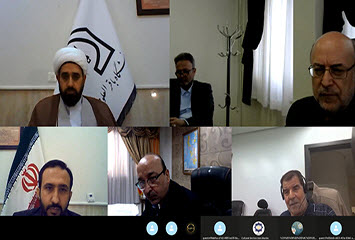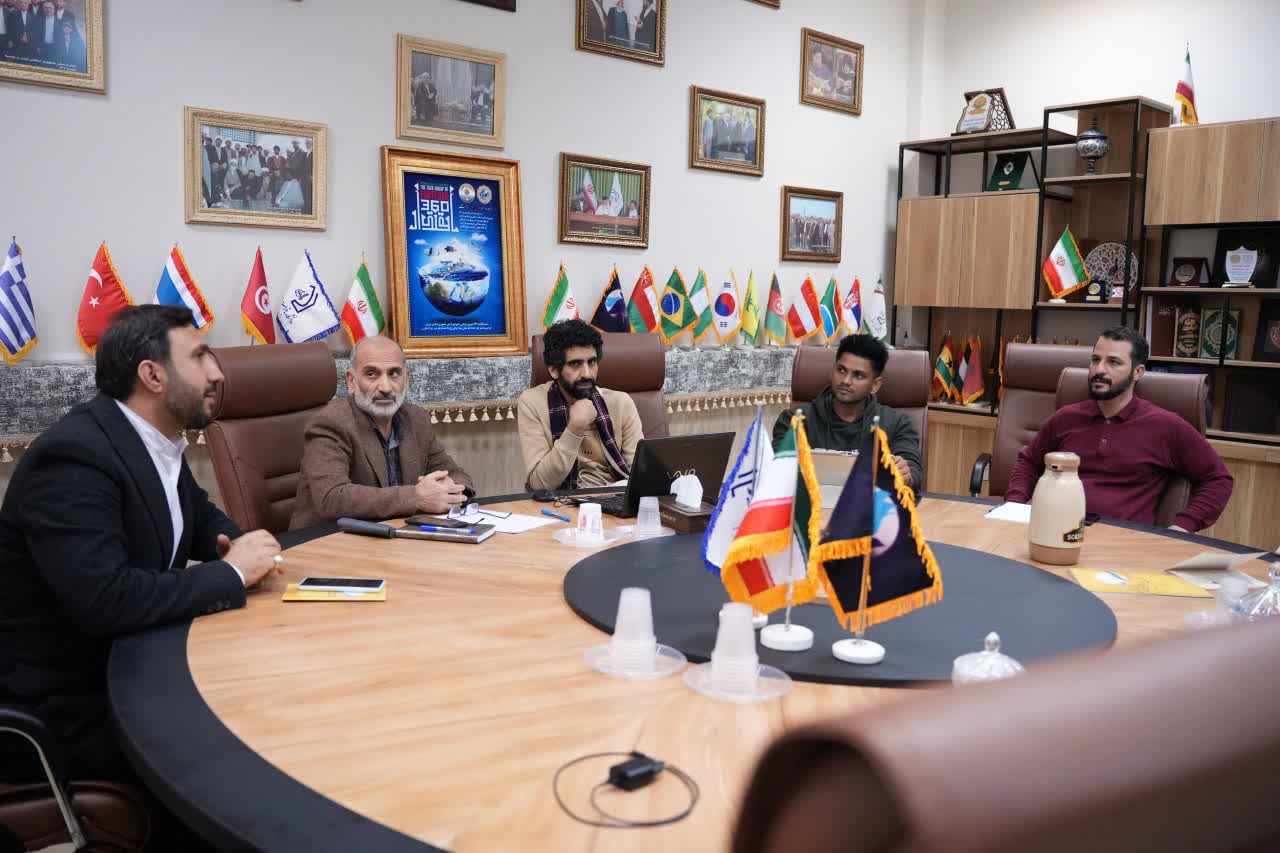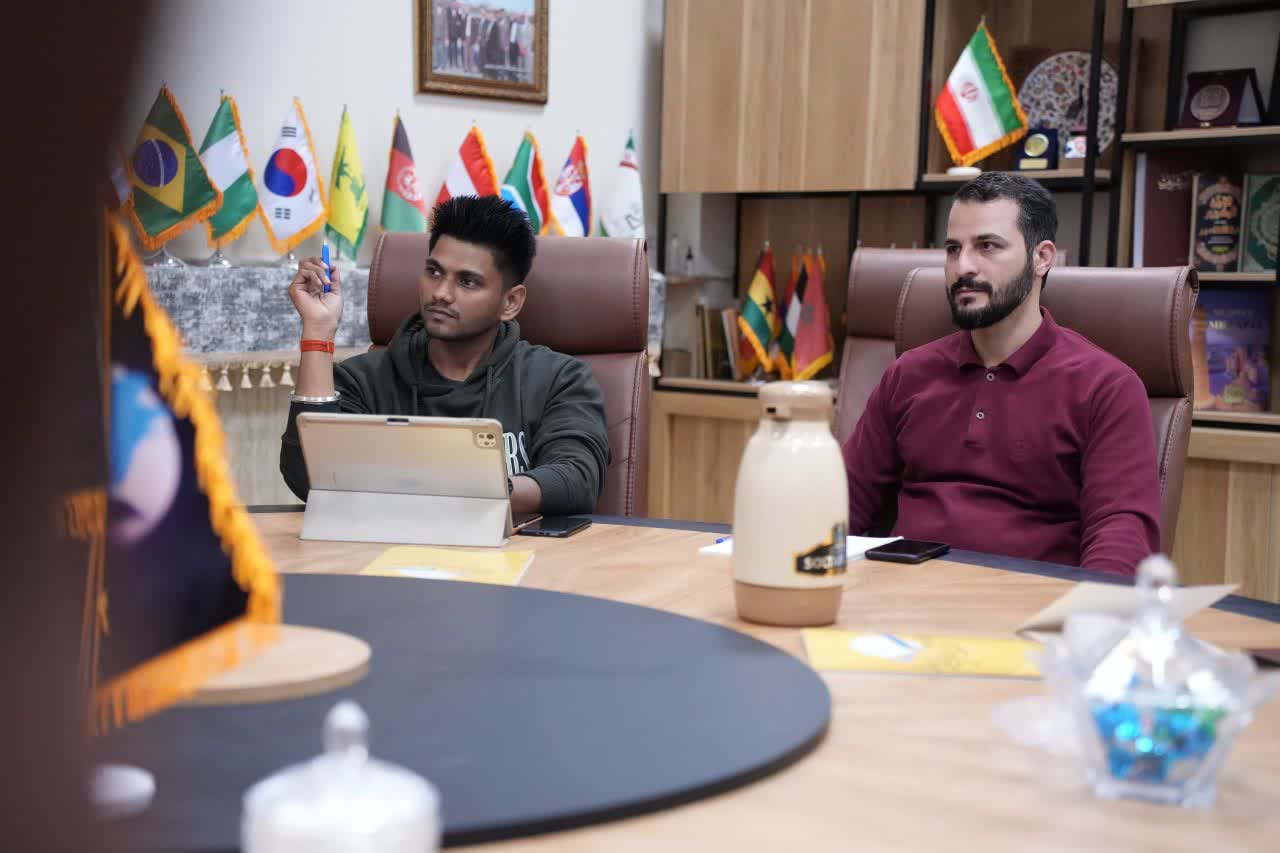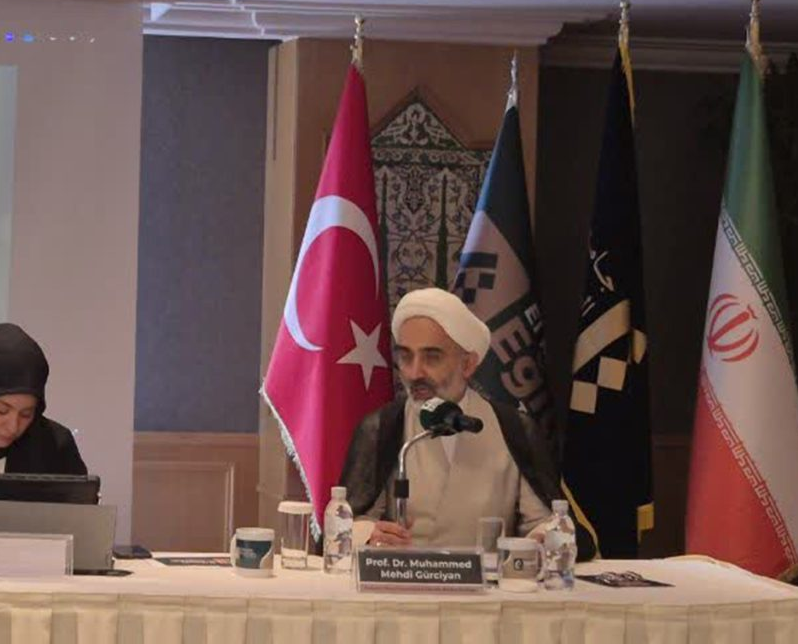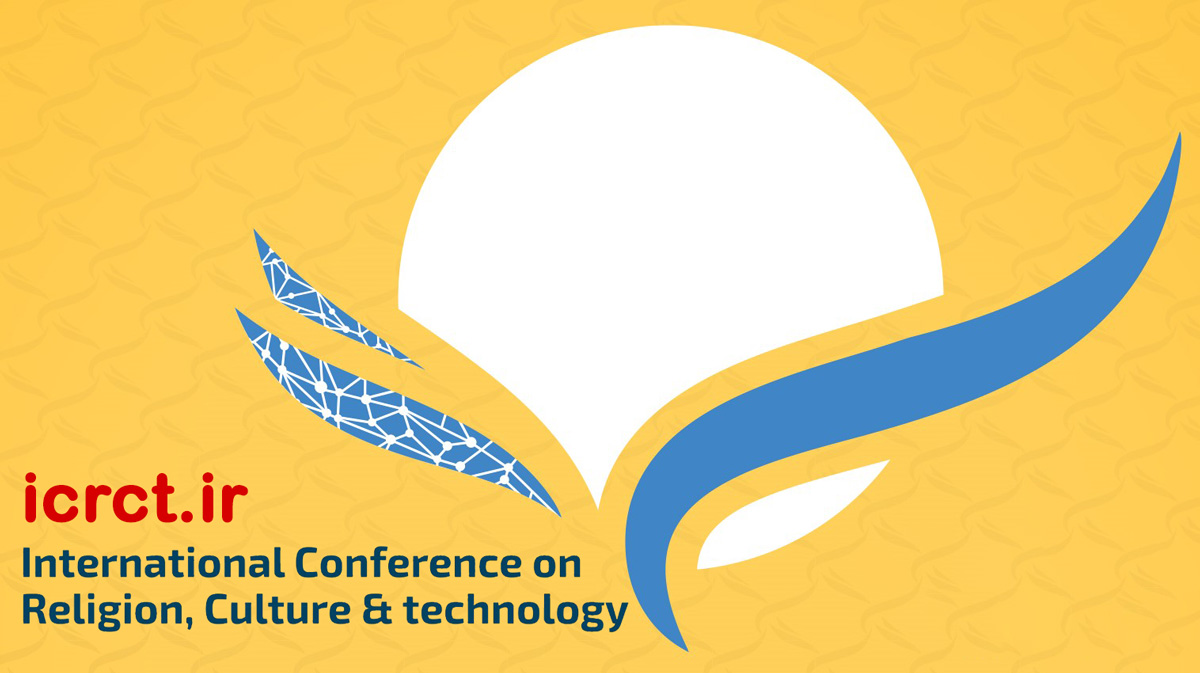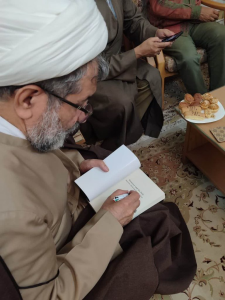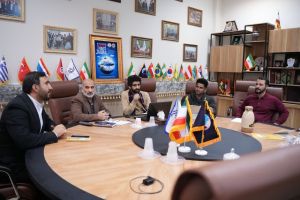The webinar titled “Cultural Justice; Component of New Islamic Civilization” with a speech by Dr. Ahmad Olyaei was held.
According to the public relations department of Baqir al-Olum University, in this webinar which was organized by the International Affairs and Non-Iranian Students department of Baqir al-Olum University in cooperation with Islamic Culture and Communication Organization, Dr. Ahmad Olyaei gave a lecture with regard to “Components and Characteristics of New Islamic Civilization” in English.
At the end, some questions were raised by the participants and Dr. Ahmad Olyaei answered them.
Here are the most important parts of the lecture:
Despite the fact that the general meaning of cultural justice can be understood for all individuals, giving an exact definition of it can be extremely challenging and complicated.
It is possible to define the triple of civilization, culture and justice based on order and the main concept which covers the triple is order.
Although there is a distinct difference between civilization and culture, before giving the definition of cultural justice, a question crosses our mind: What is justice?
There are some formal explanations for justice, for example putting everything in its own place, or giving everybody and everything its rights. This is what almost all people agree with. But the main issue is about the content of this justice.
The first question here is what the right is if one intends to give anyone its own right. The second question is who the agent is for justice, is it people or government? The third question which can be posed is whether we believe in the originality of individual or society in cultural justice.
And the fourth and last question in this regard concerns the relationship between right and good. Whether you give priority to the right, or you believe in a final goal which anyone should struggle and try to get. Also, there are some other questions like the relationship between agency and structuralism.
Another important question is whether the innateness and entity of a culture is a fixed one or subject to be changed by different agents.
The relationship between human and culture is another fundamental issue. Whether the human beings should follow the culture or is the responsibility of the culture to serve the human beings and human goals.
Another question is about how to understand the culture and different layers of it.
Furthermore, the difference between culture and economy if we believe that economy is mainly done and controlled by the government can be another serious question here. Culture has a different story. The main players for culture are people and the nation.
At the end, some criterion and standards for cultural justice were mentioned.
















